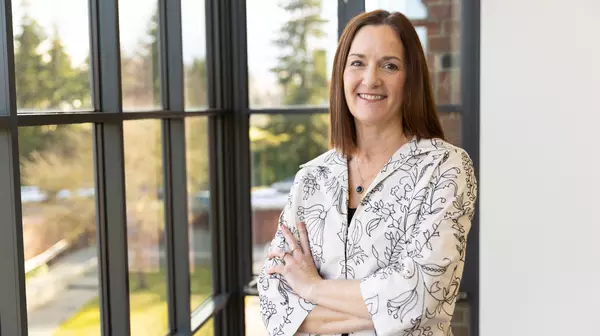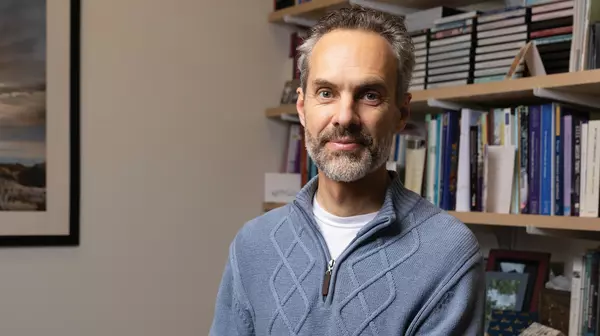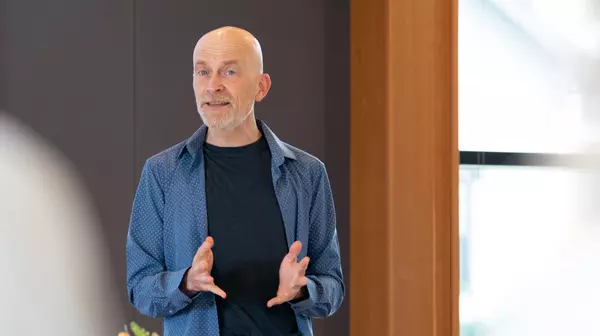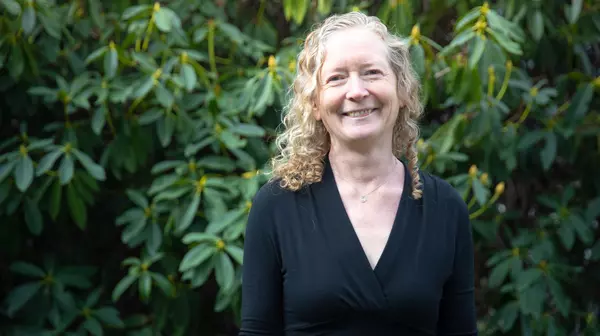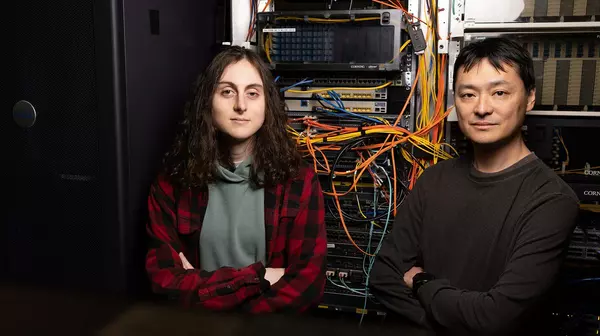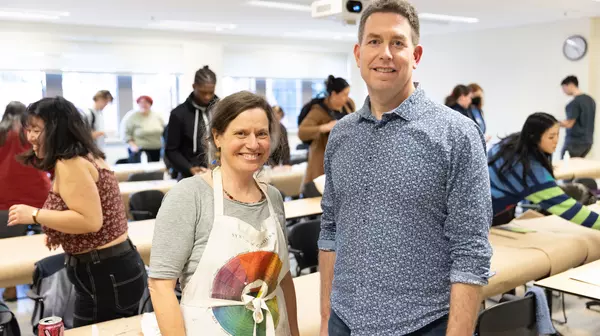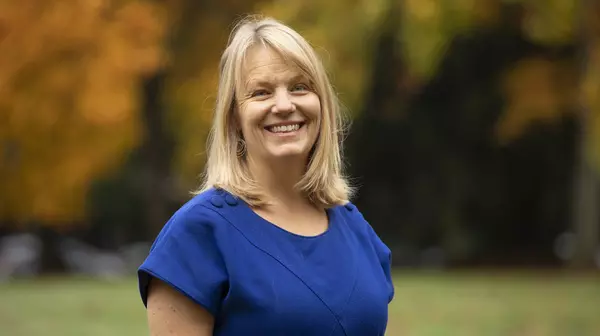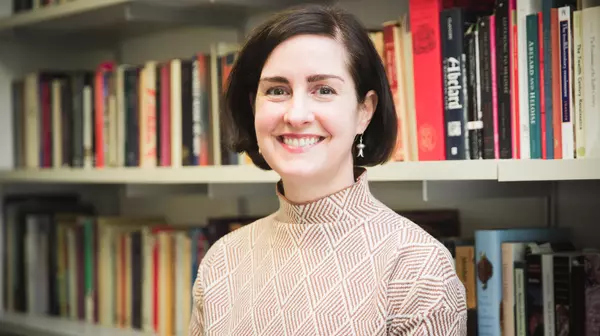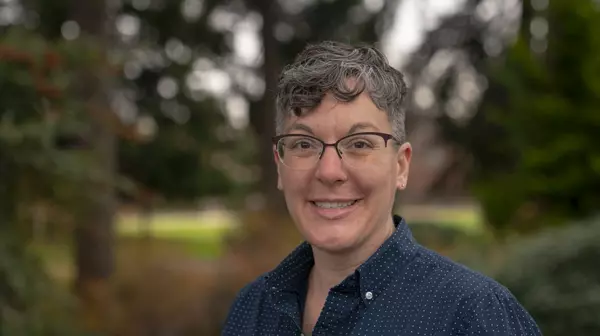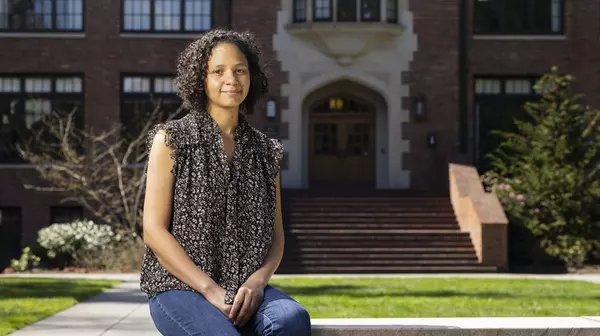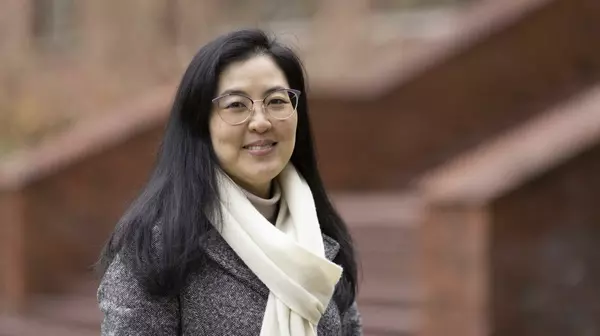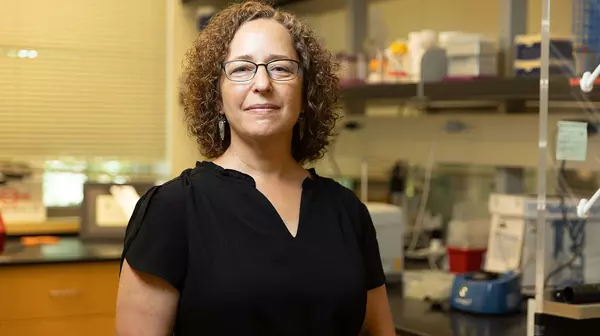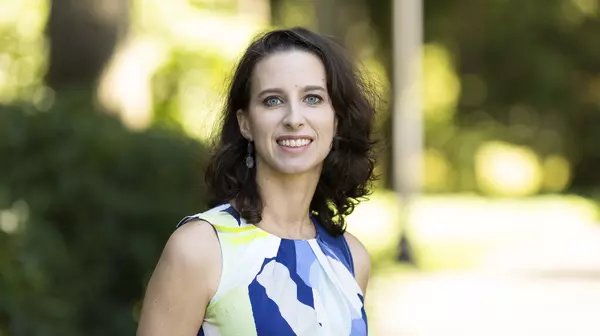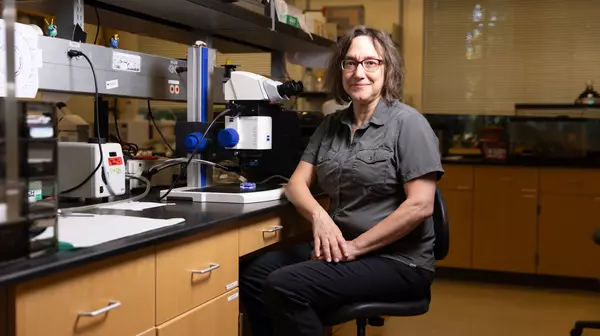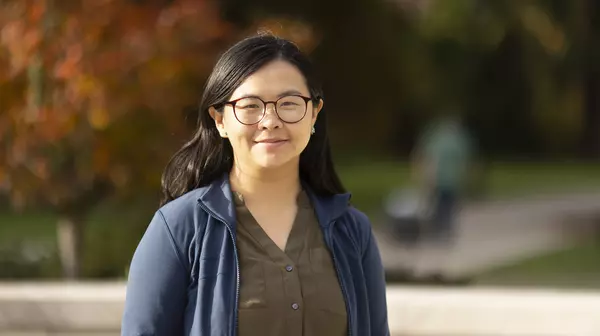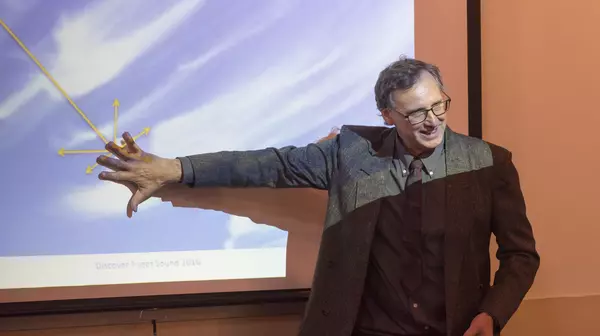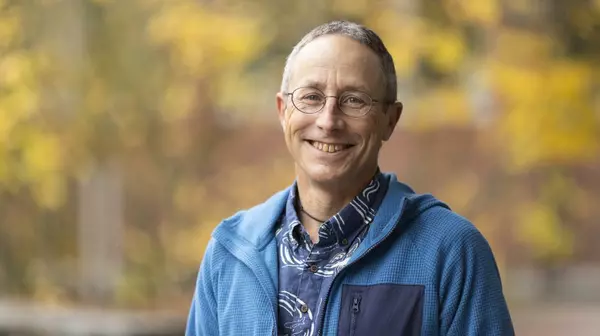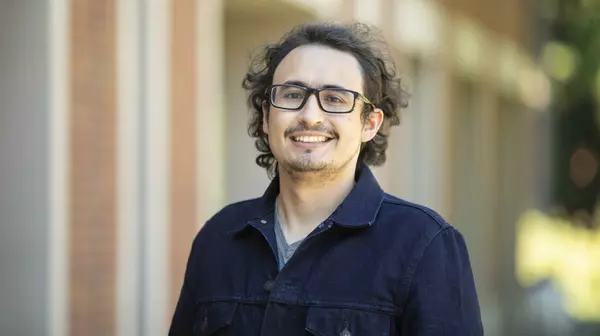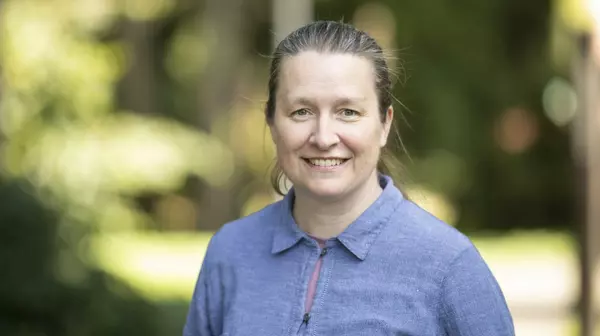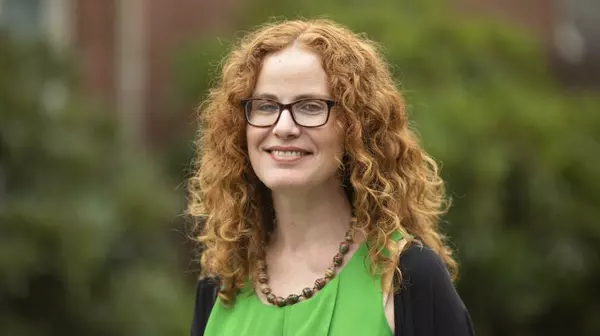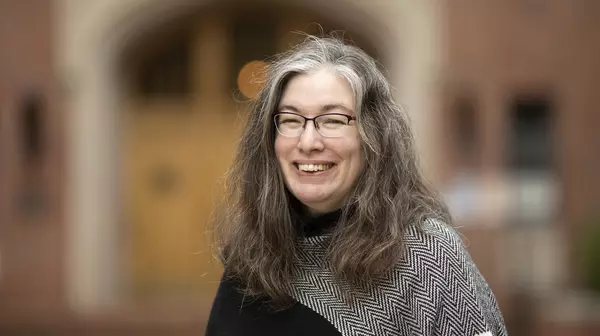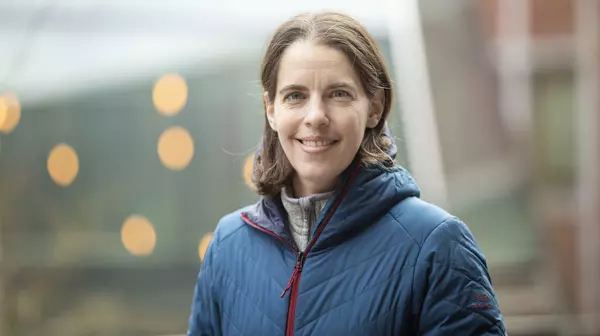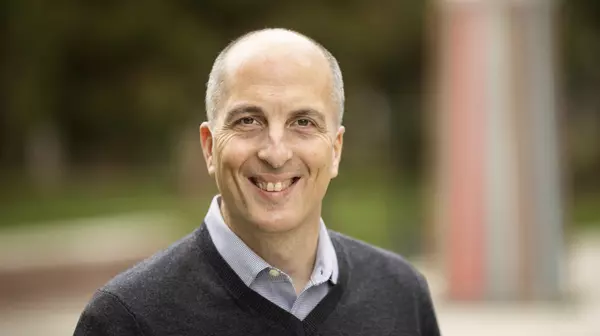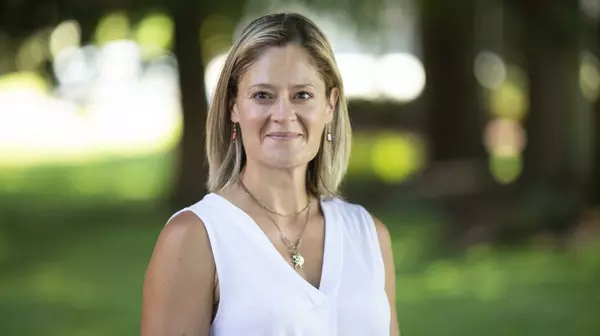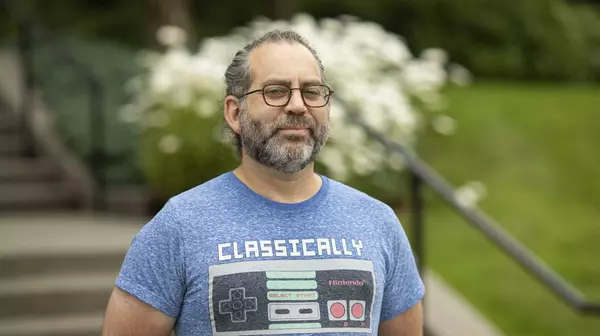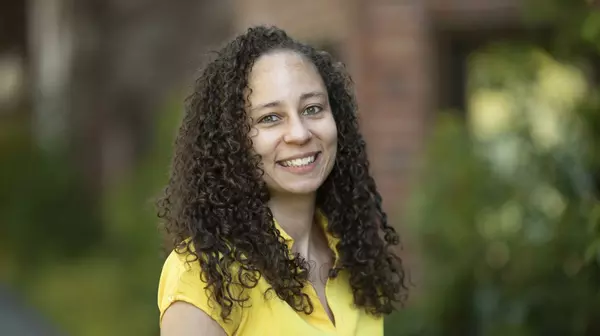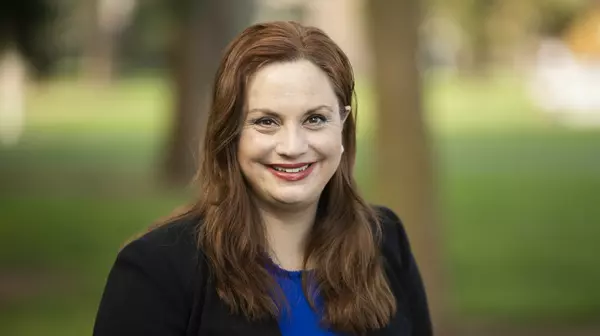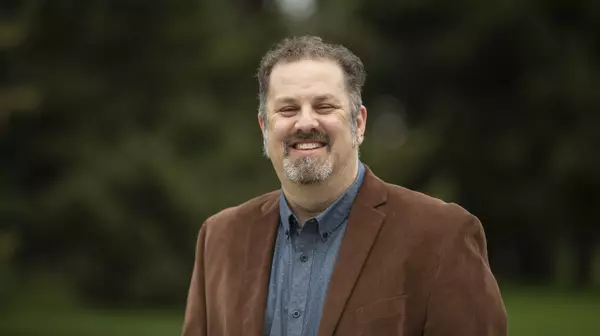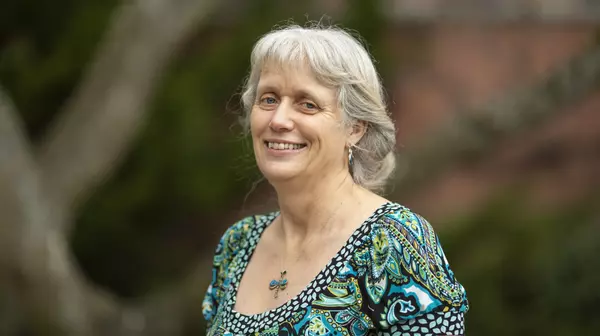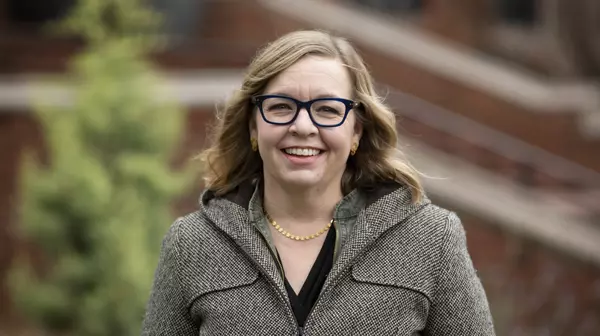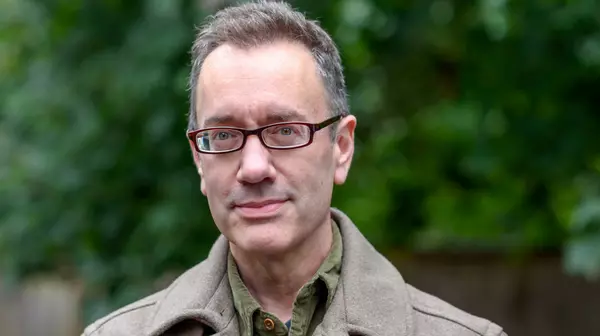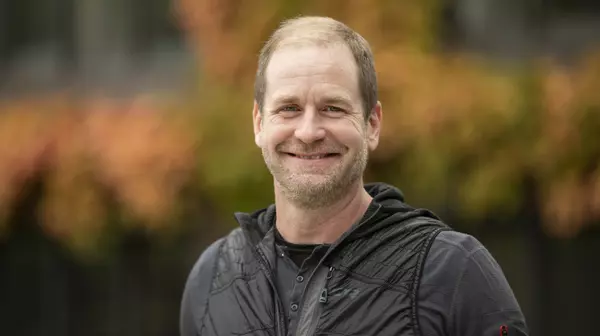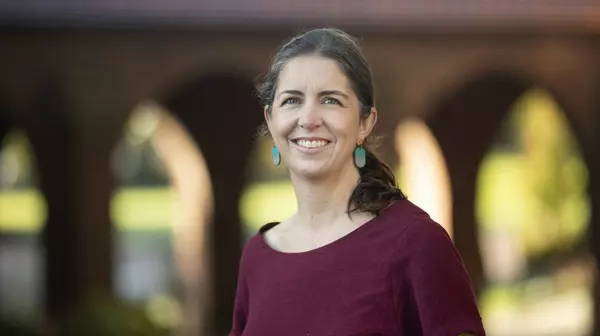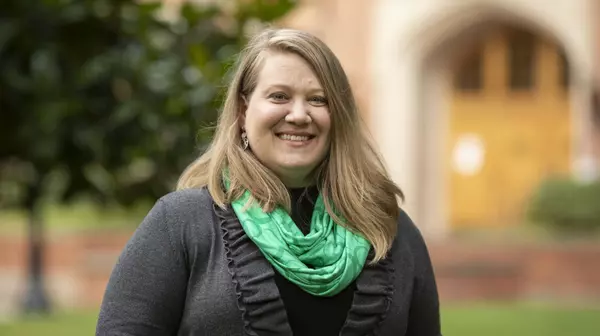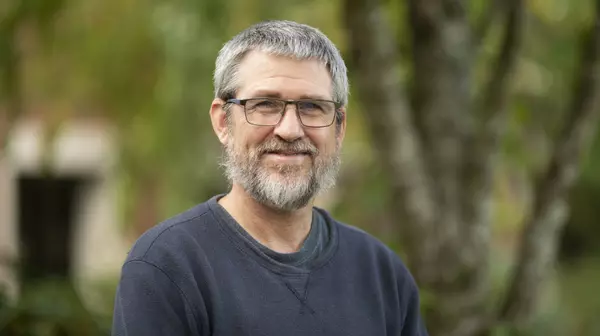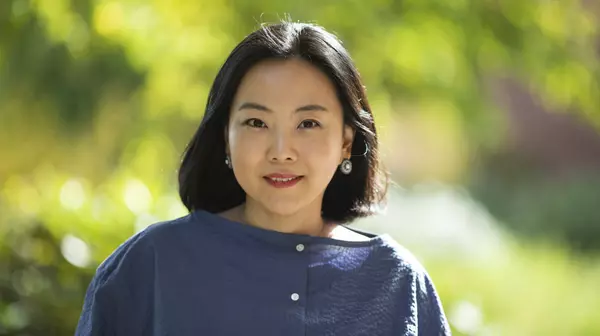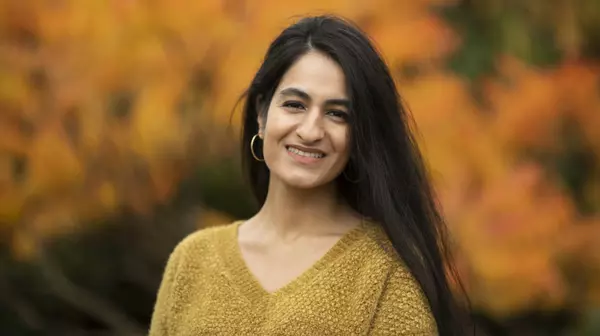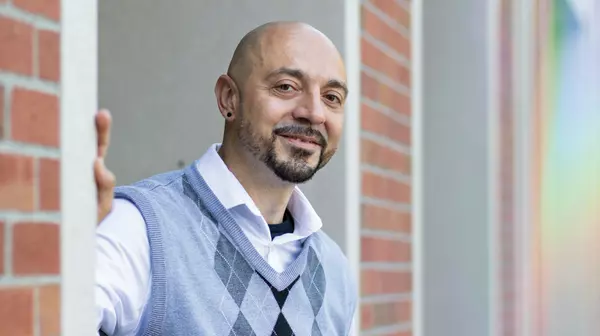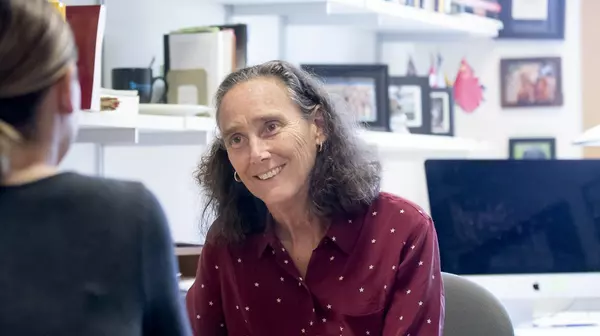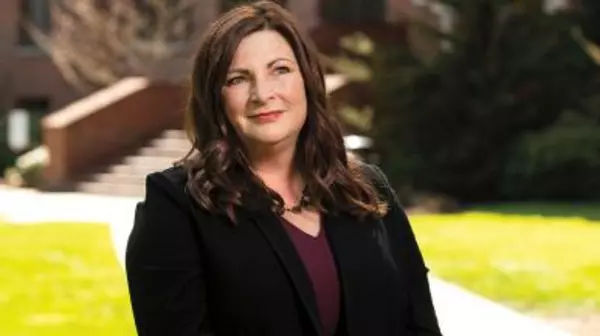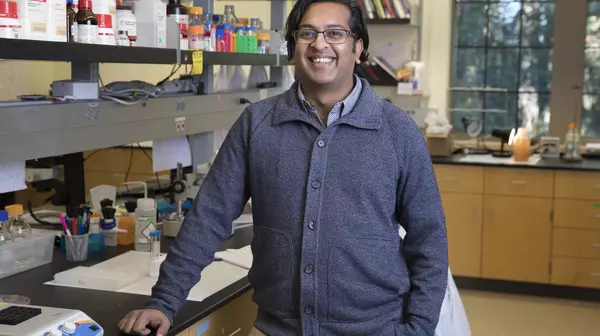Learn from the best. Our faculty has a national reputation for outstanding teaching and groundbreaking scholarship. With an 10-to-1 student-to-faculty ratio, every class is taught by a professor (not a TA), allowing them to cultivate long-lasting relationships with students. Your professors will challenge you to expand your thinking and are there to support you throughout your Puget Sound journey.
The full-time faculty of approximately 175 members is first and foremost a teaching faculty, selected not only for expertise in various subject areas, but also for the desire and ability to promote deep understanding and critical thinking. Students benefit from classes taught by committed faculty members who welcome students not only into their classrooms, but also into the scholarly community of the campus. Faculty members maintain active intellectual lives that nourish their own scholarly development and their work with students.
Puget Sound is large enough to offer the advantages or multiple perspectives, sophisticated technologies, and a rich array of programs, yet small enough to preserve a relaxed, friendly atmosphere. Students come to Puget Sound with diverse backgrounds and interests from nearly every state in the nation and from several foreign countries.
Puget Sound welcomes students, faculty, and staff of all identity characteristics, regardless of age, disability, sex, race, ethnicity, religion/spiritual tradition, gender identity and expression, sexual identity, veteran status, job status or socioeconomic class, nation of origin, language spoken, documentation status, personal appearance, and political beliefs. The limited size of the student body, the residential campus, and the commitment of the faculty to intensive, rigorous education create a highly engaging experience and strong sense of community.
